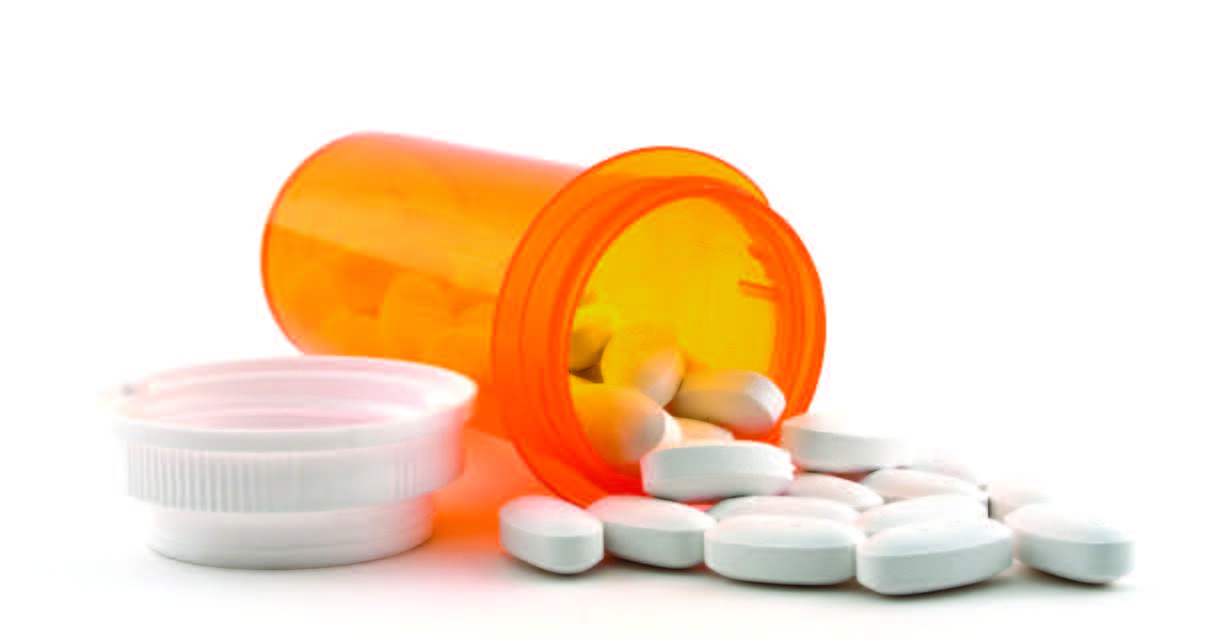Date: September 28, 2014

Summary:
In Chicago an organization called Healthy Kids, Healthy Communities (HKHC)
replaced vending machine foods, with healthier snacks. A recent study
by
Northern University said that during the first fifteen months, vending machines
increased from $84-$351. Each machine was required to state the nutrition
standards. These standards are that snacks can't contain more than twice their
serving size, snacks must be free of trans fat, and no more than thirty-five
percent of their weight can be from sugar and sweeteners. Instead of candy and
cookies, there are granola bars, fruit snack, and baked chips. In the past
couple years the U.S. Department of Agriculture (USDA) created new nutrition
standards for school lunches.
Connection
with Health Class: So far we have been discussing about obesity, diabetes and
we have been bringing healthy snacks for movie days. As teenagers we tend to
choose the junk food over the healthy snacks because it taste better. Our body
responds to all the sugar we eat and we can develop diabetes. The more junk we eat, the more we can get obese, because all these small snacks add up. It is very important to keep track of what you eat.
Questions for Health Class: In a week how many times do you get snacks from a vending machine? Do you get the junk snacks or the healthy snacks? Do you keep track of what you eat? If you do, is the food you eat healthy?





.jpg)

